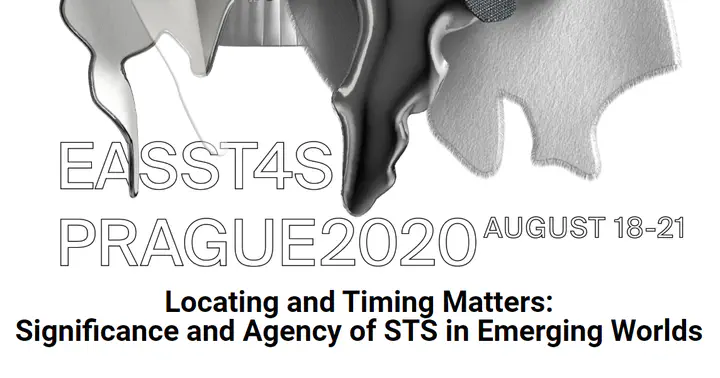Presentation in panel 'Digital Technologies in Policing and Security'
 Image credit: European Association for the Study of Science and Technology
Image credit: European Association for the Study of Science and TechnologyAbstract
Database schemas, interfaces and ontologies can enact actors in politically sensitive ways. This manifests clearly when such formal knowledge representations are used to establish intended identities of non-citizens. As part of the ERC-funded “Processing Citizenship” project, we present results from our semantic and computational analysis of ontologies of information systems used to identify and register migrants in Europe. By launching the “hotspot approach” in 2015, the European Commission has identified the use of information systems as an important element to de facto achieve a joint migration policy and to gain knowledge on non-EU citizens. However, differences (and similarities) exist among members states’ systems, as well as between member states’ and Europe-wide systems. At European level this is especially relevant as information systems are undergoing major changes following several proposals to make them semantically interoperable, and make their data more usable for EU policy-making. How then are migrants enacted by information systems designed for different purposes by different institutional actors? And what consequences are entailed by their ongoing integration? We present our method to extract ontologies for non-citizens identities from technical, legislative, and other types of documents. This allows us to process ontologies using novel visualization methods. Such visualizations can foreground topological relationships between actors and highlight otherwise less visible work of knowledge production. We introduce results from our comparative analysis of operational information systems used at EU hotspots. The results from this analysis will contribute to STS scholarship with a new method based on the empirical analysis of ontologies.